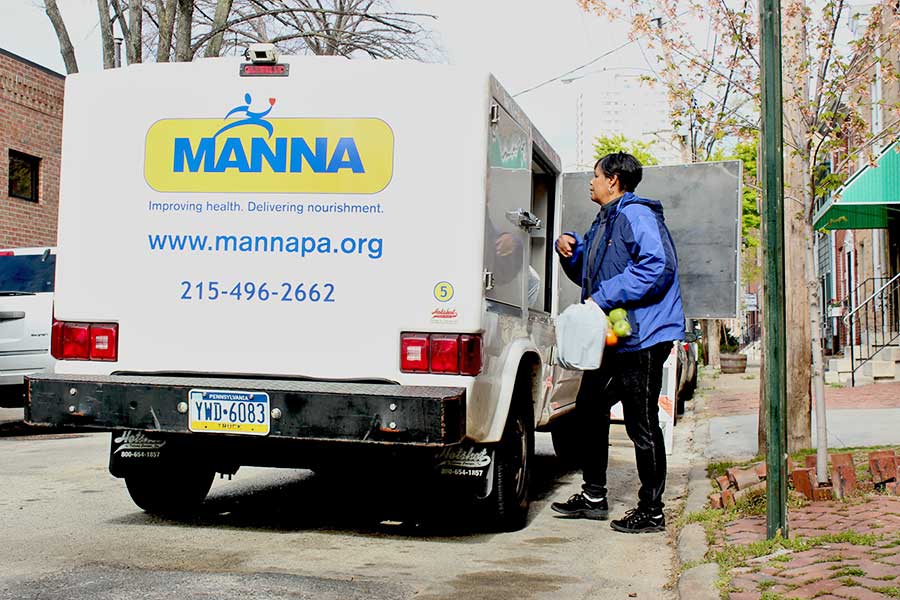Metropolitan Area Neighborhood Nutrition Alliance, a Fairmount-based nonprofit that delivers nutritious meals to the severely ill, appointed five new executive members to its board of directors this month.
Among the appointees is board chair Dr. Marla Gold, the out Dean Emerita of Drexel’s School of Public Health, a MANNA board member since 2016 and a longtime advocate of its mission to provide nutritionally balanced meals tailored to the needs of patients.
Gold, who served as vice president of the 2017 board of directors, said she accepted the appointment after spending a year workshopping MANNA’s goals with CEO Sue Dougherty in a nonprofit development series run by the Independence Foundation, a philanthropic organization and MANNA funder.
“Working closely with Sue, going over things like governance, our relationships with one another and how we troubleshoot things, made me want to do even more at MANNA because her ability and vision for the organization is one that I’m onboard with,” said Gold.
MANNA, which began as a hot-meal delivery service for homebound HIV/AIDS patients in 1990, has evolved to provide meals that fit the dietary needs of clients living with a range of severe illnesses.
When MANNA was still in its infancy, Gold recalled receiving deliveries for patients at her recently founded Partnership Comprehensive Care Practice, a clinical office serving the city’s HIV/AIDS population.
“When I first met MANNA’s founders, it was because they were making it possible for our patients to get what might be, for some, their only meal — and certainly their only nutritious meal — in our waiting room,” she said.
As HIV/AIDS medications became available and the disease transformed from a death sentence to a liveable condition, MANNA shifted its focus too. Instead of offering comfort foods to end-of-life patients, it implemented a series of nutritious diet plans built to sustain critically ill clients.
Gold said she wants MANNA to serve even more meals.
“We have to demonstrate to certain payers, like HMOs, that the utility of getting the food to the people is something they should invest in. The more payers contract with us through health plans, the more we get dollars that way to make sure we have meals for people who have no insurance and no way to pay for it, but have the types of diseases and conditions that qualify for us.”
